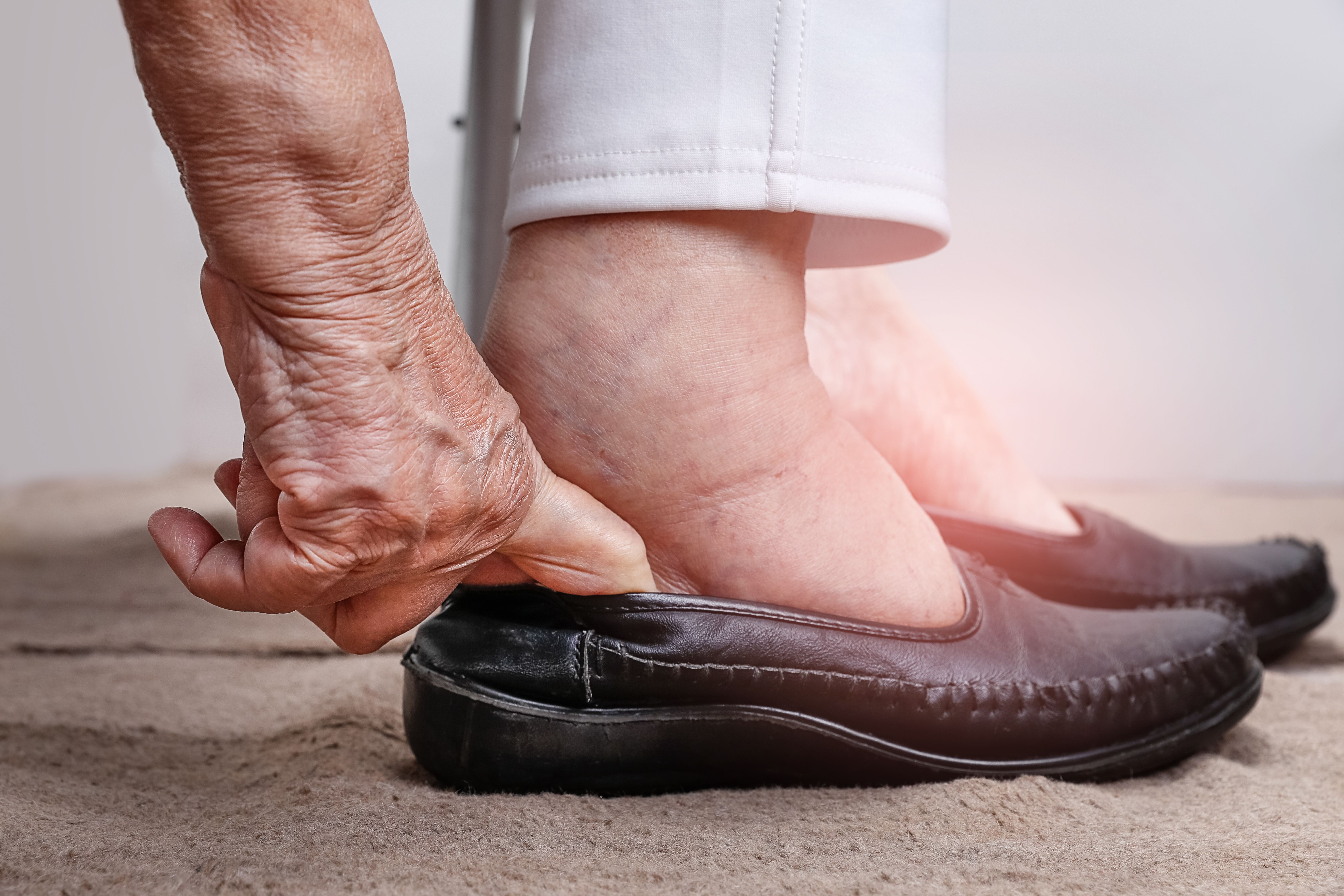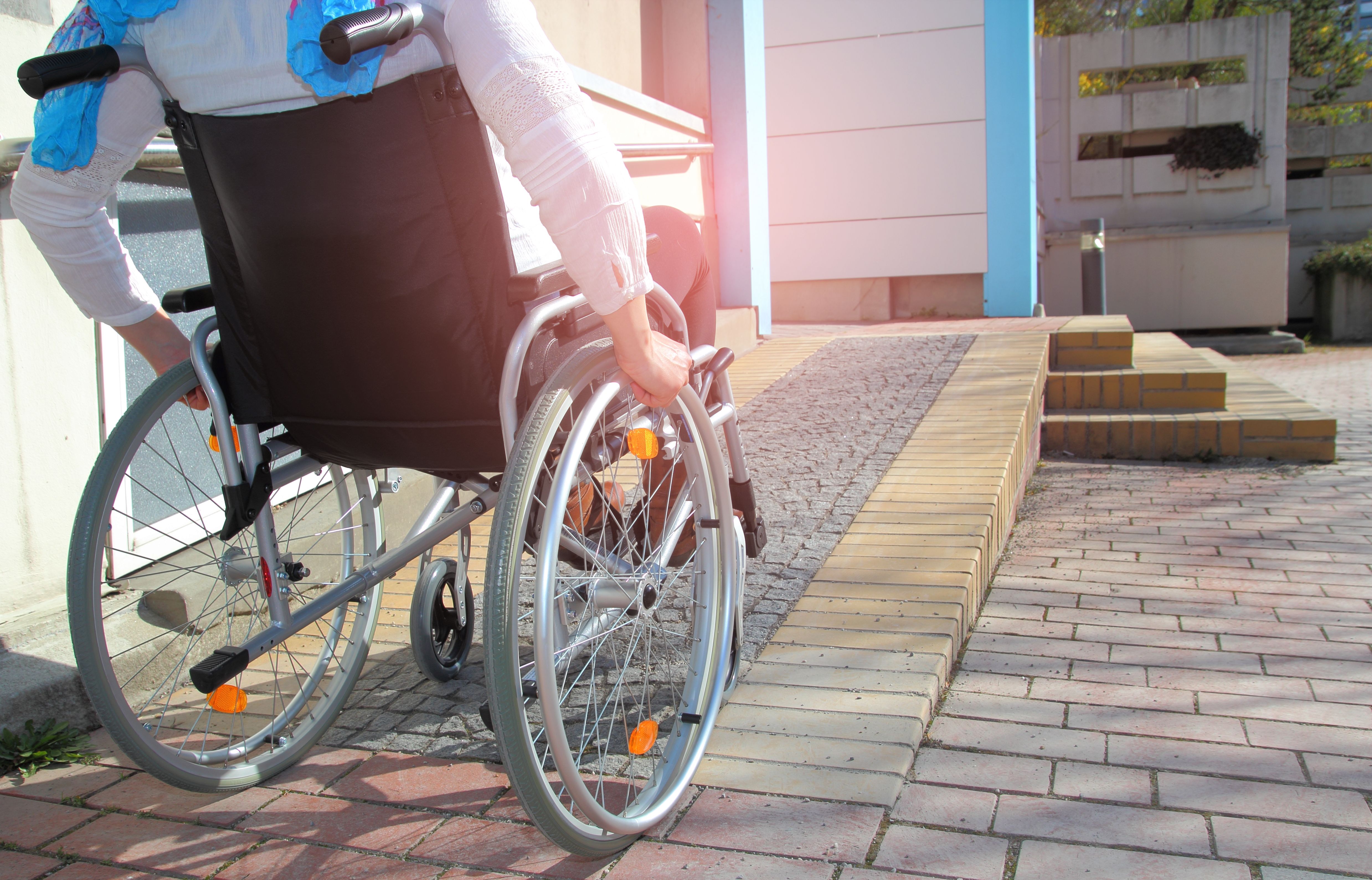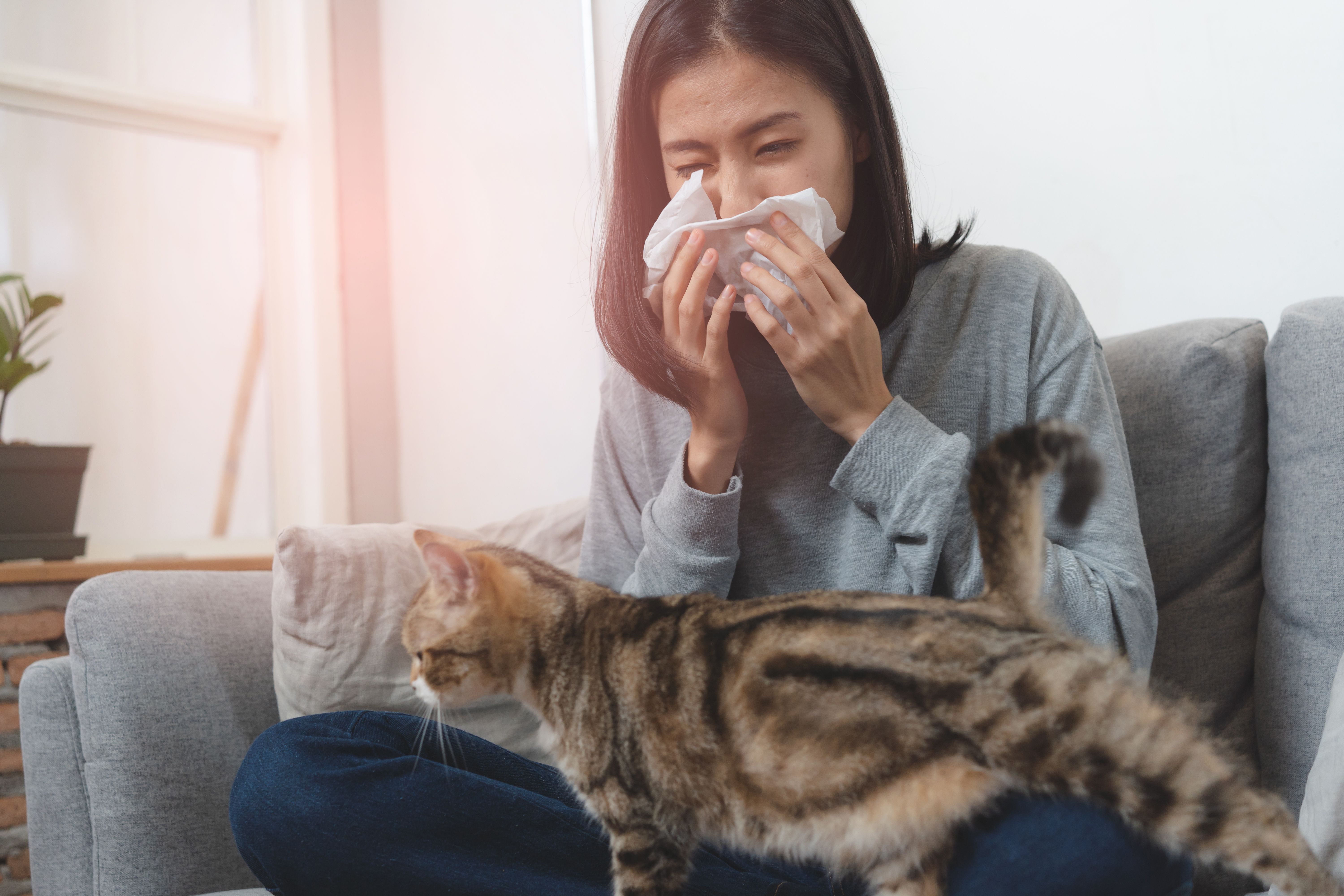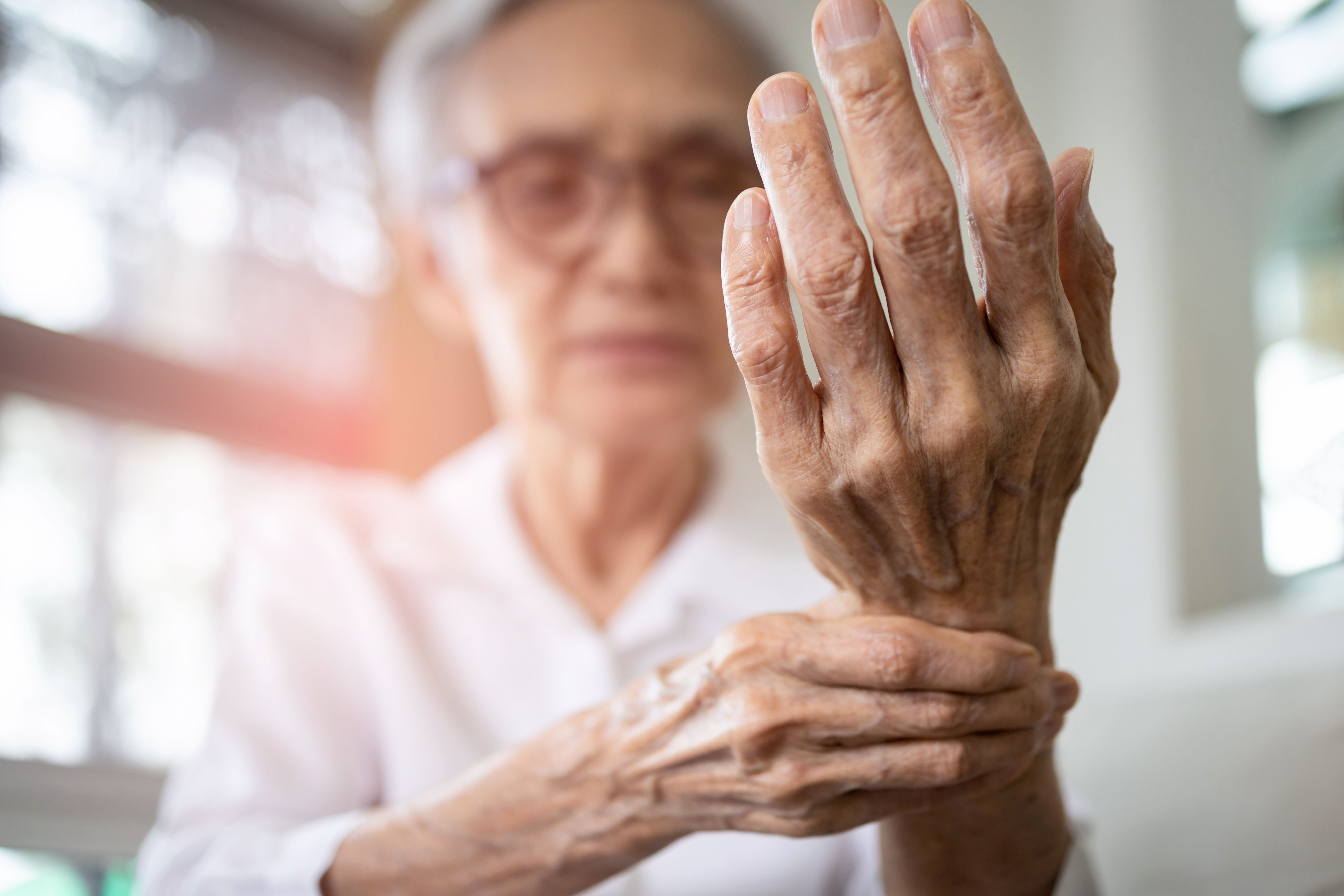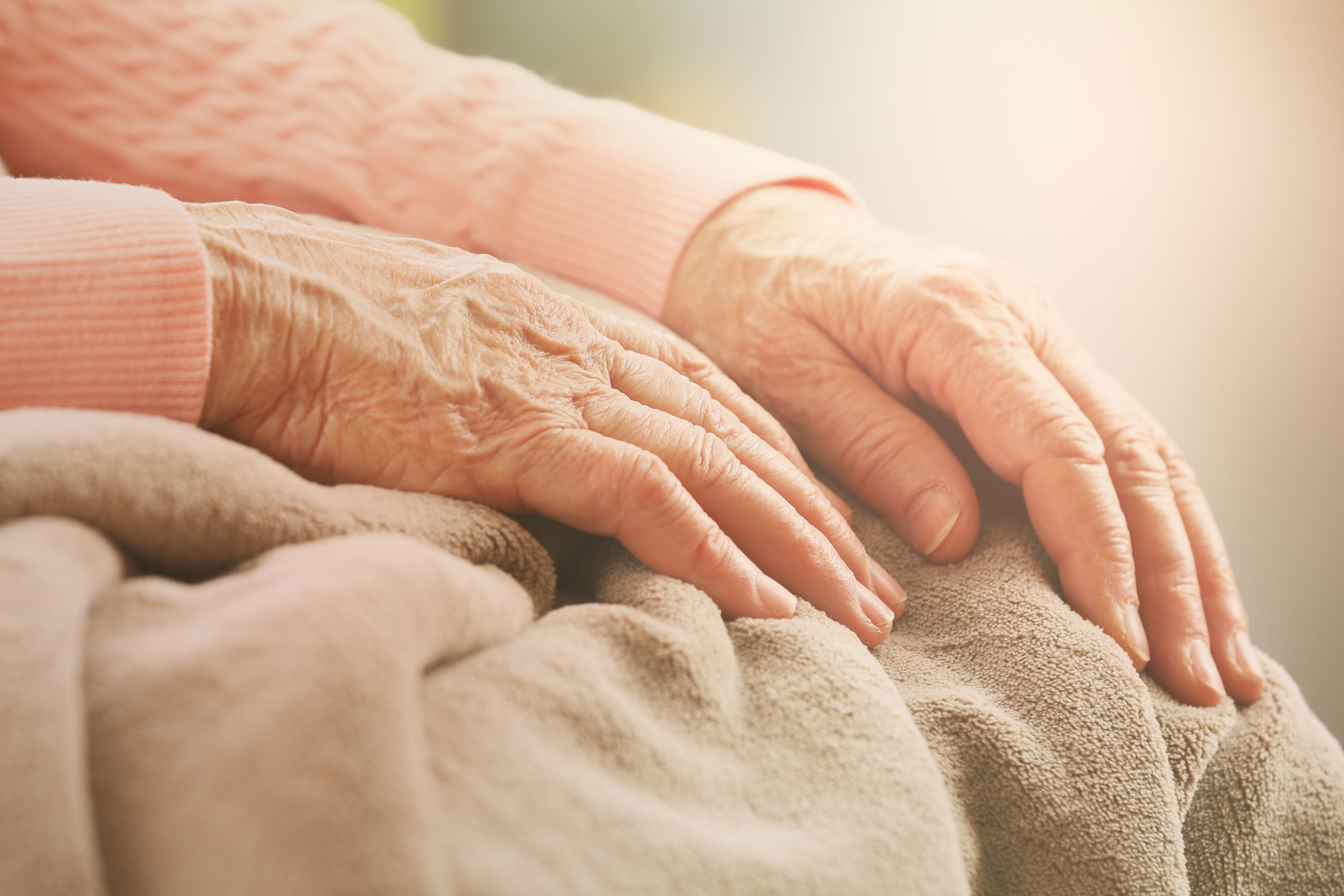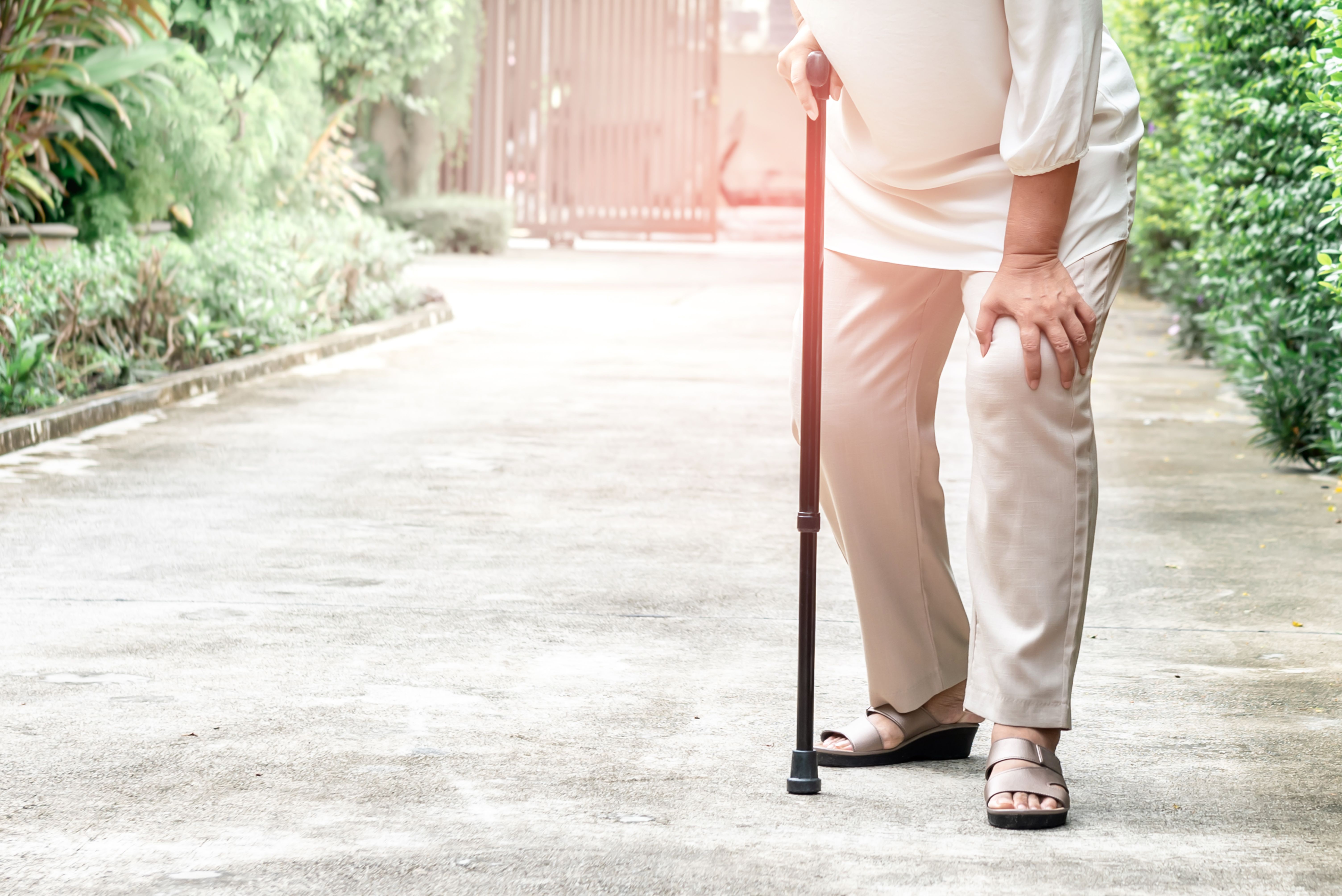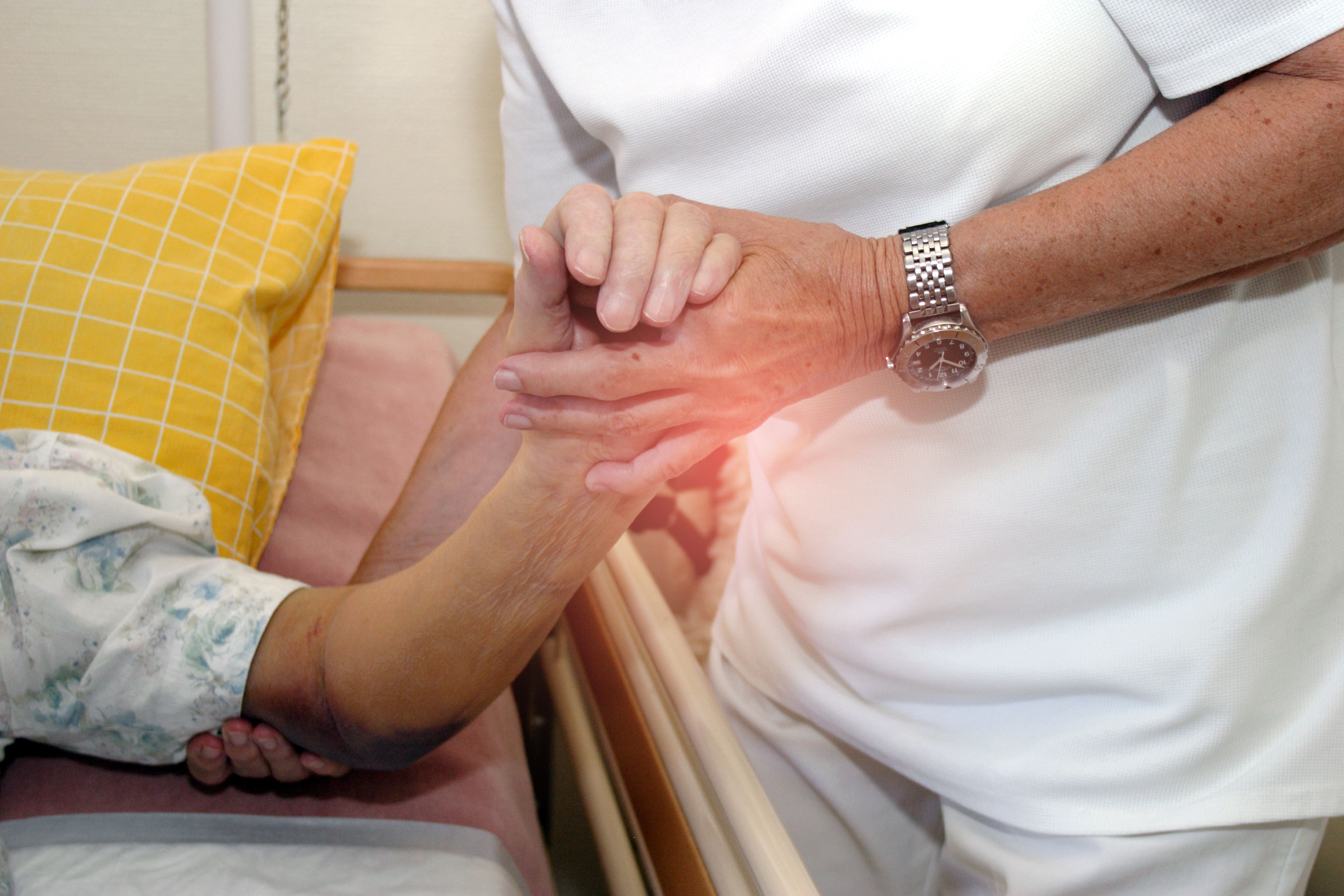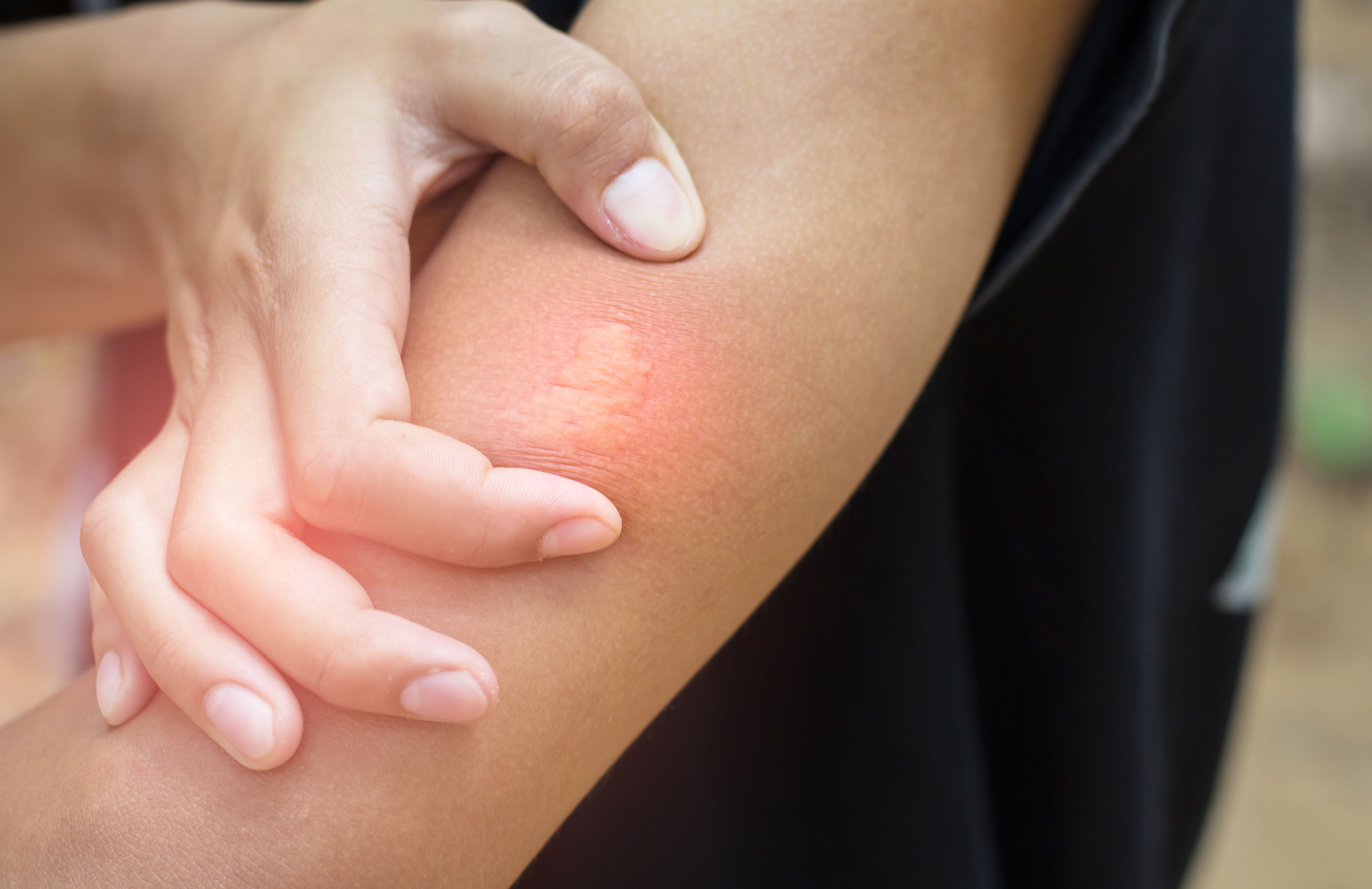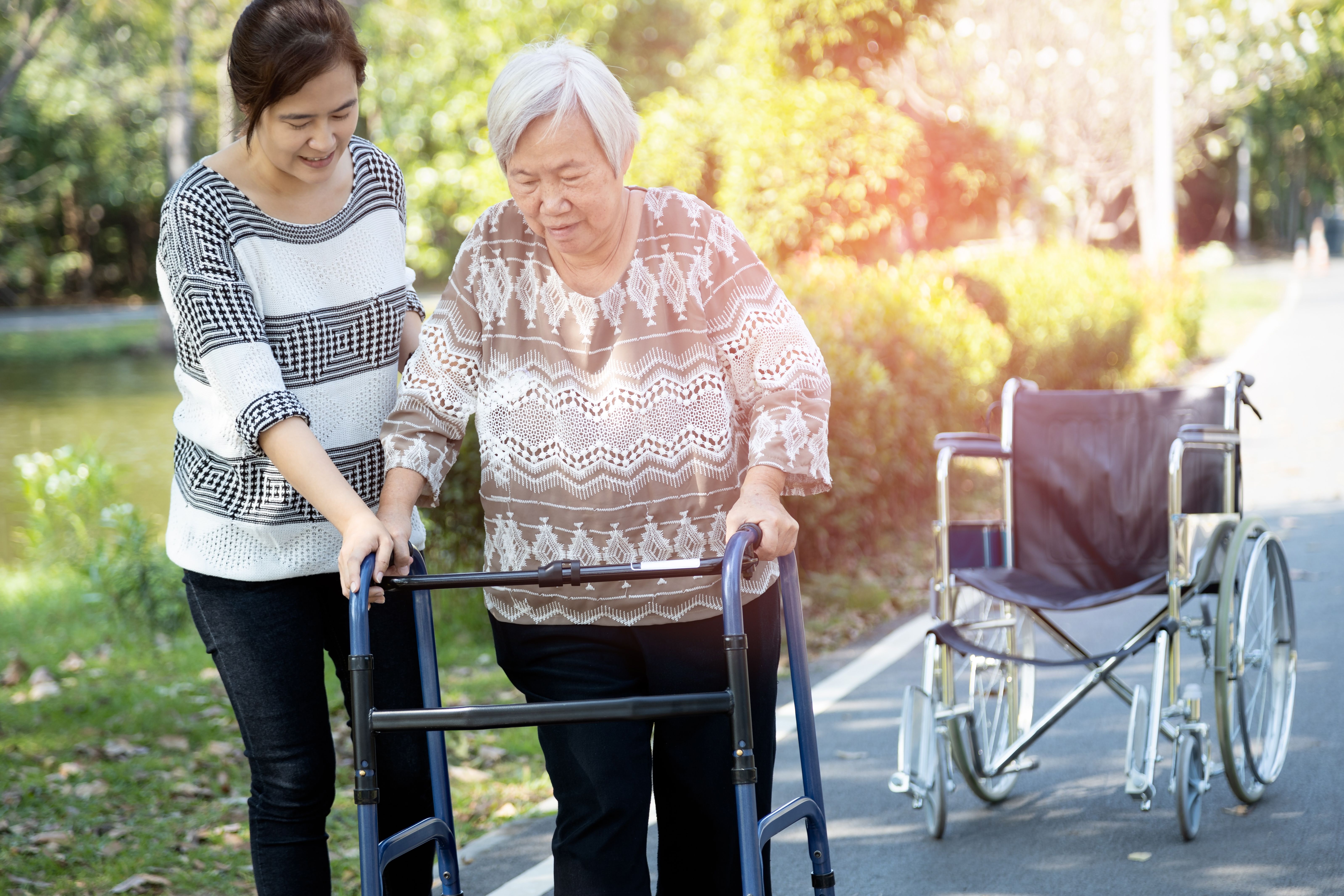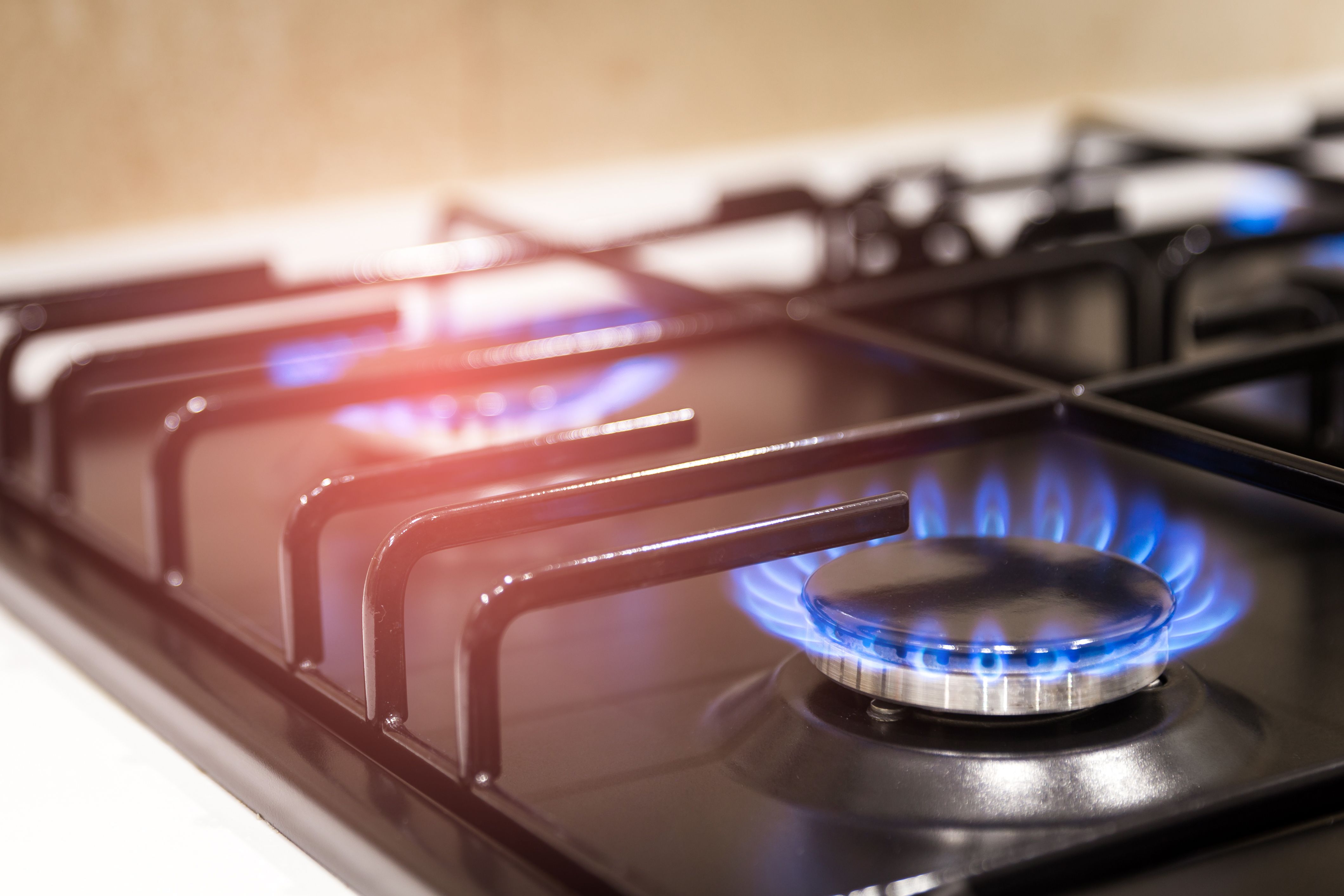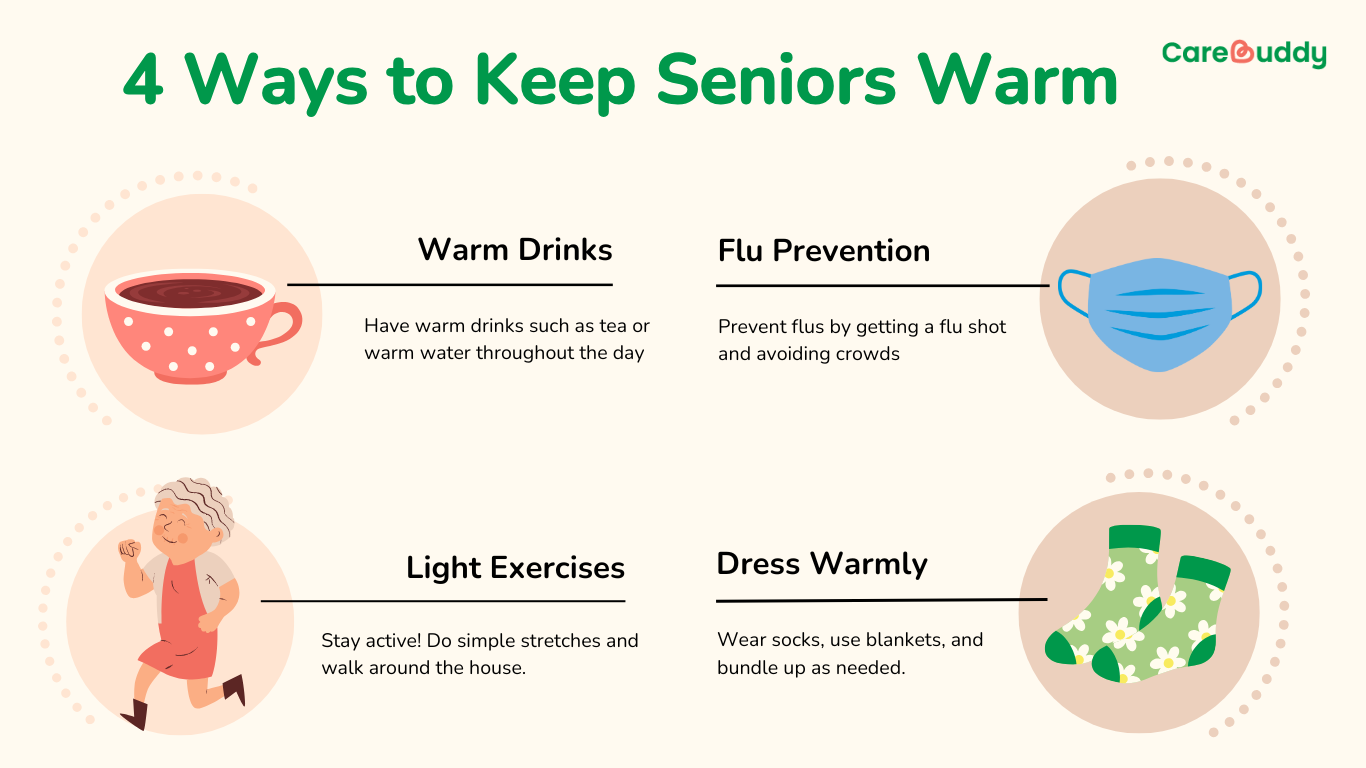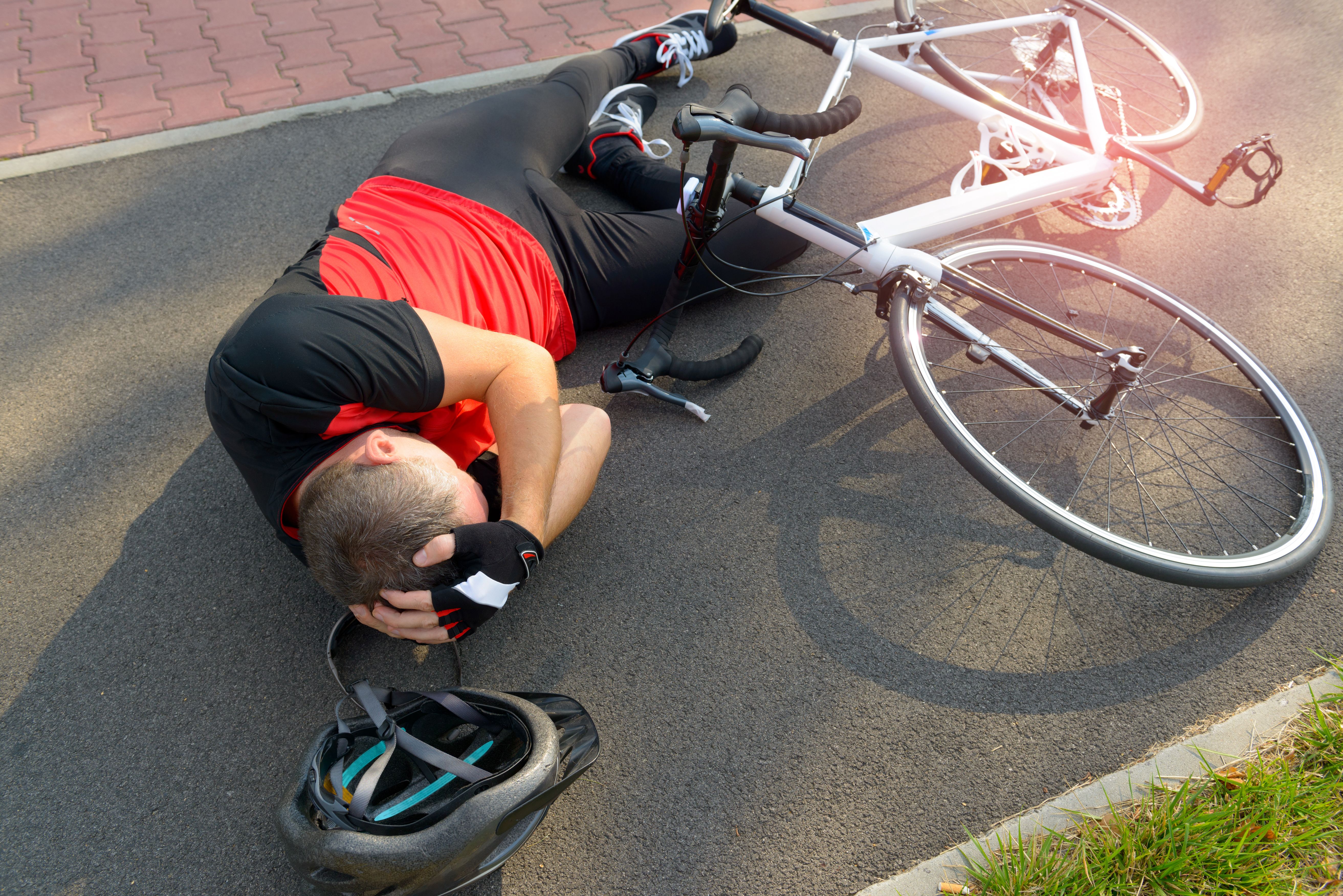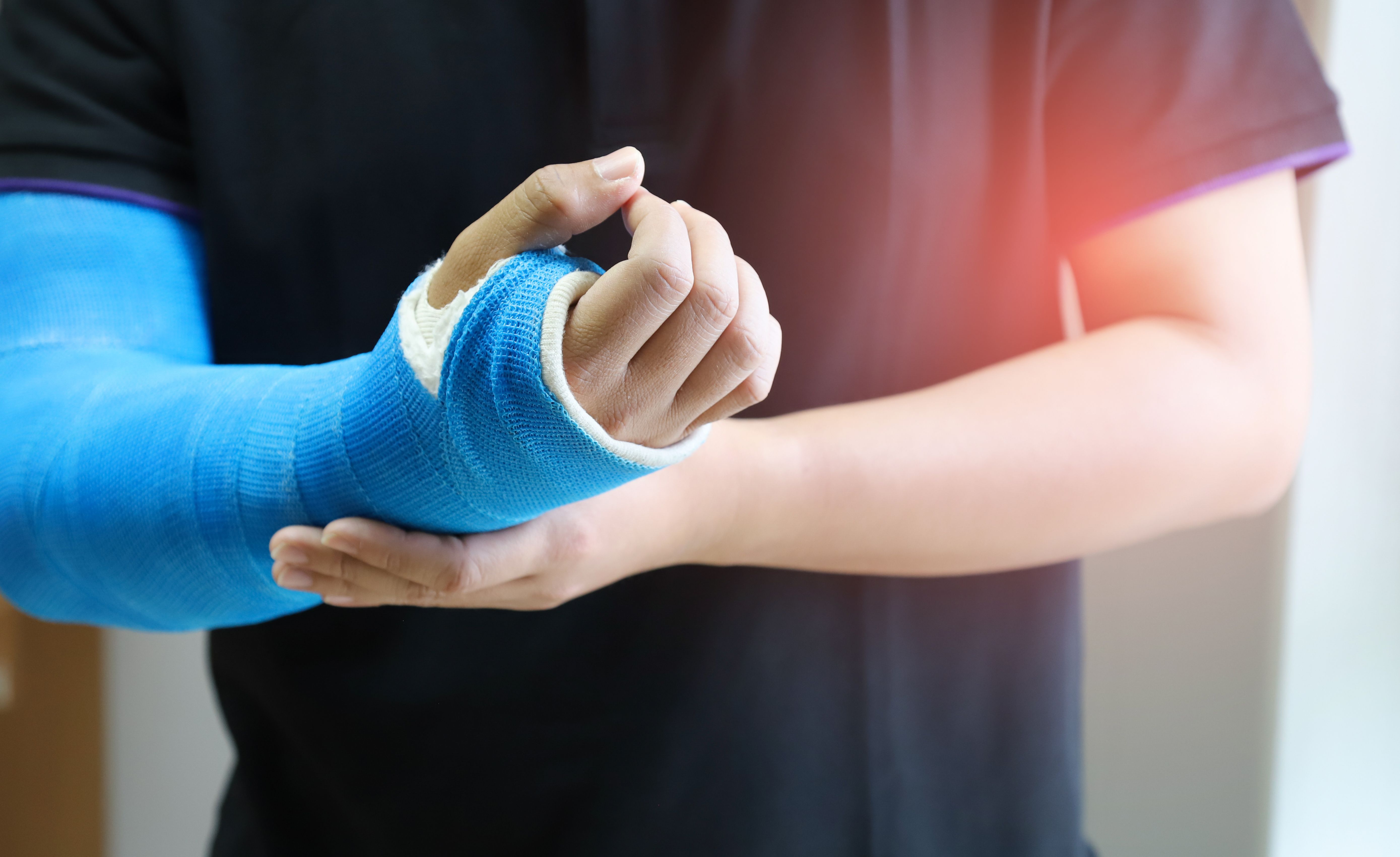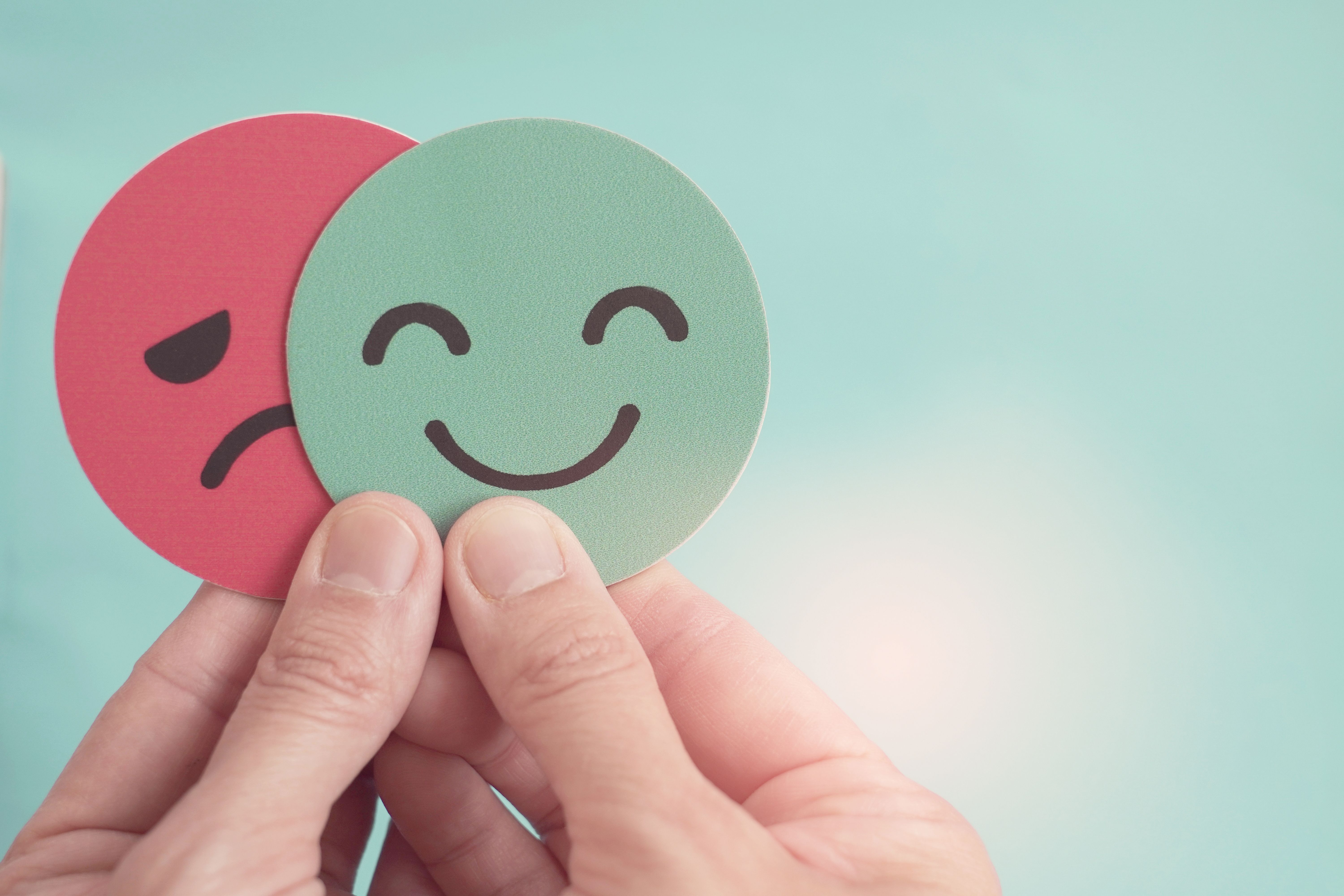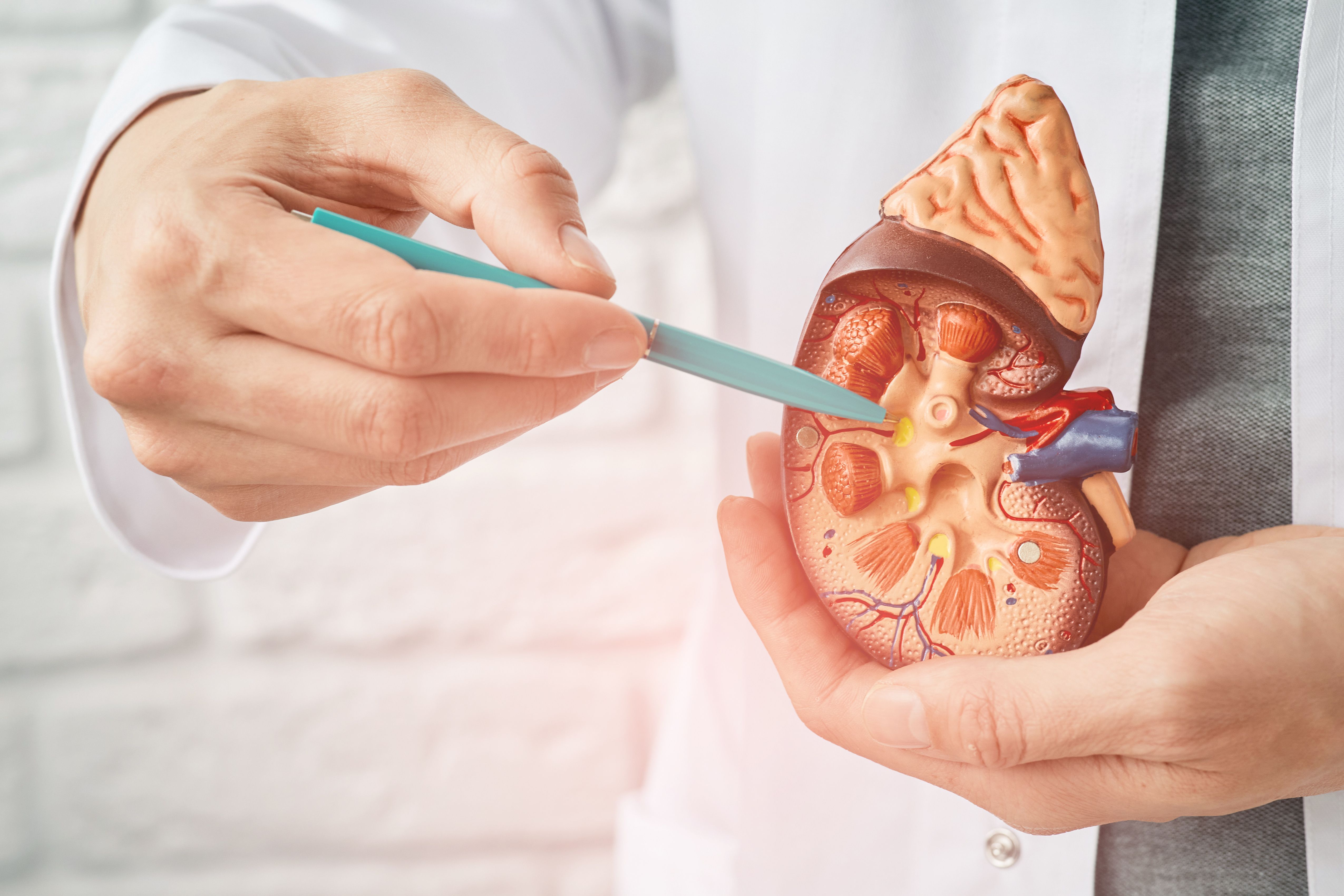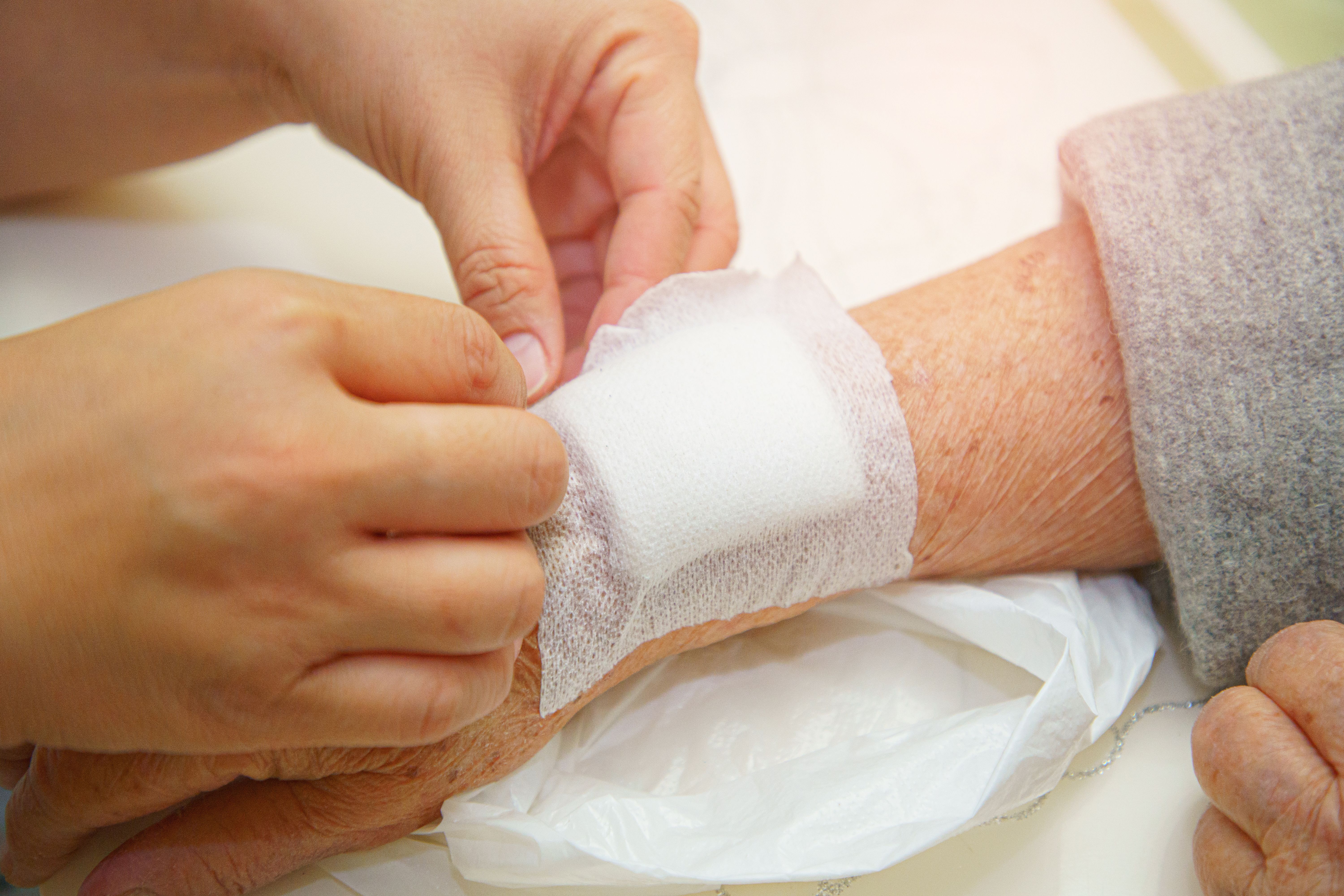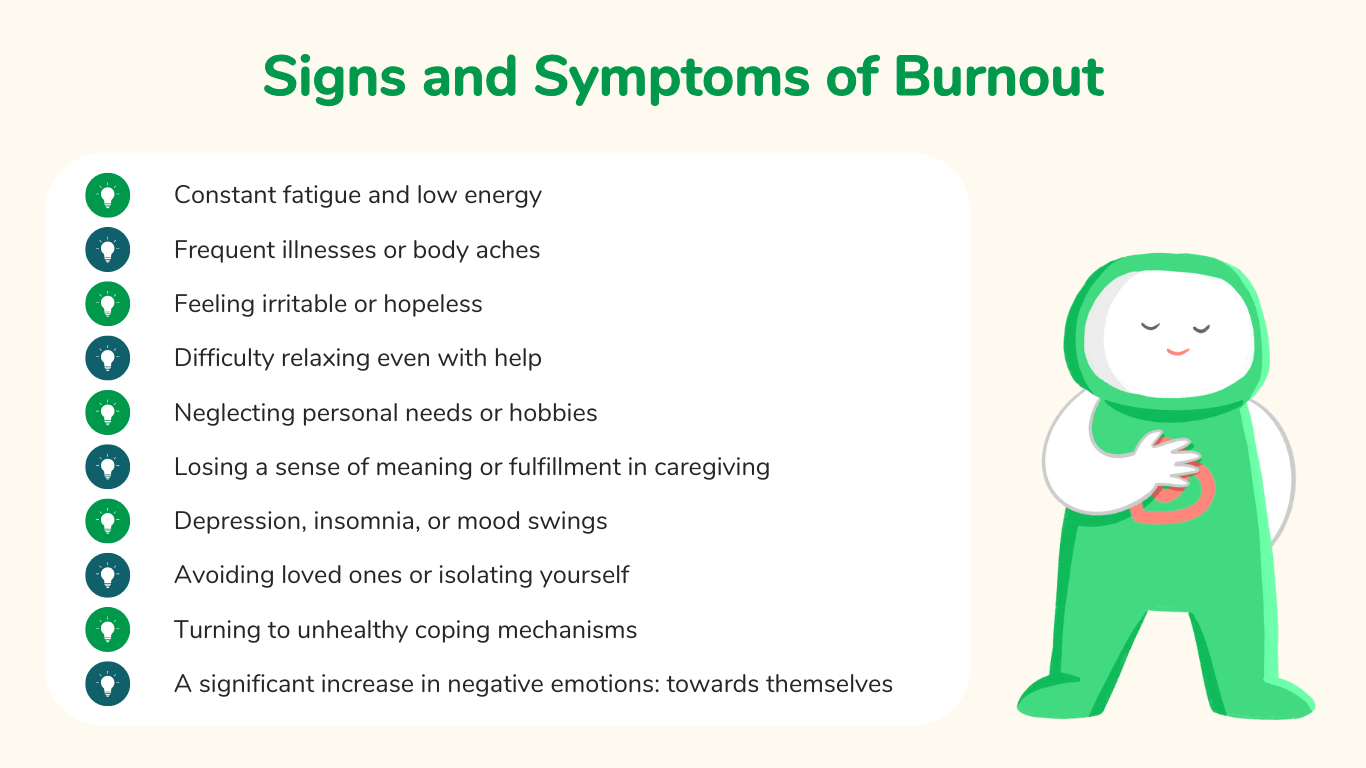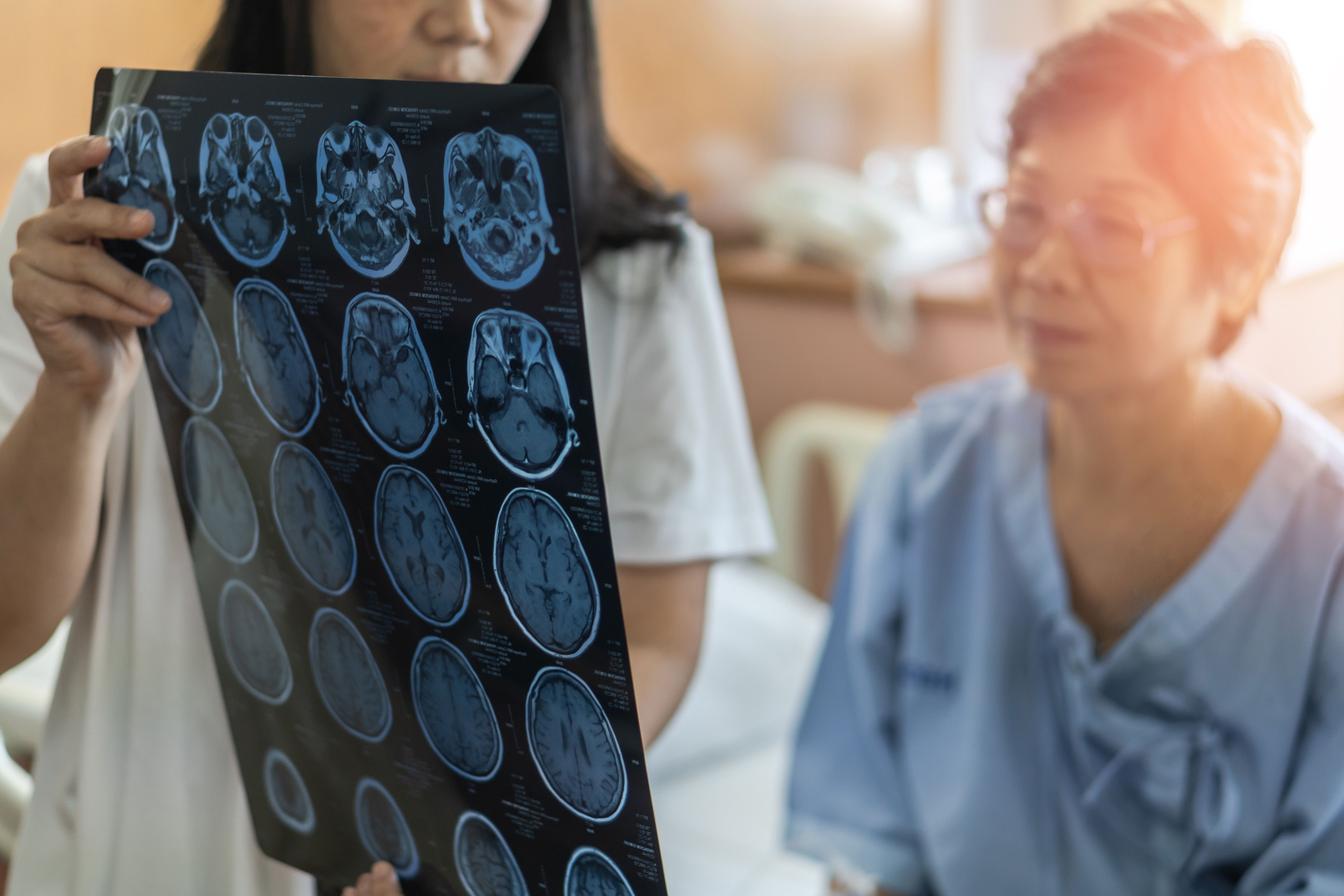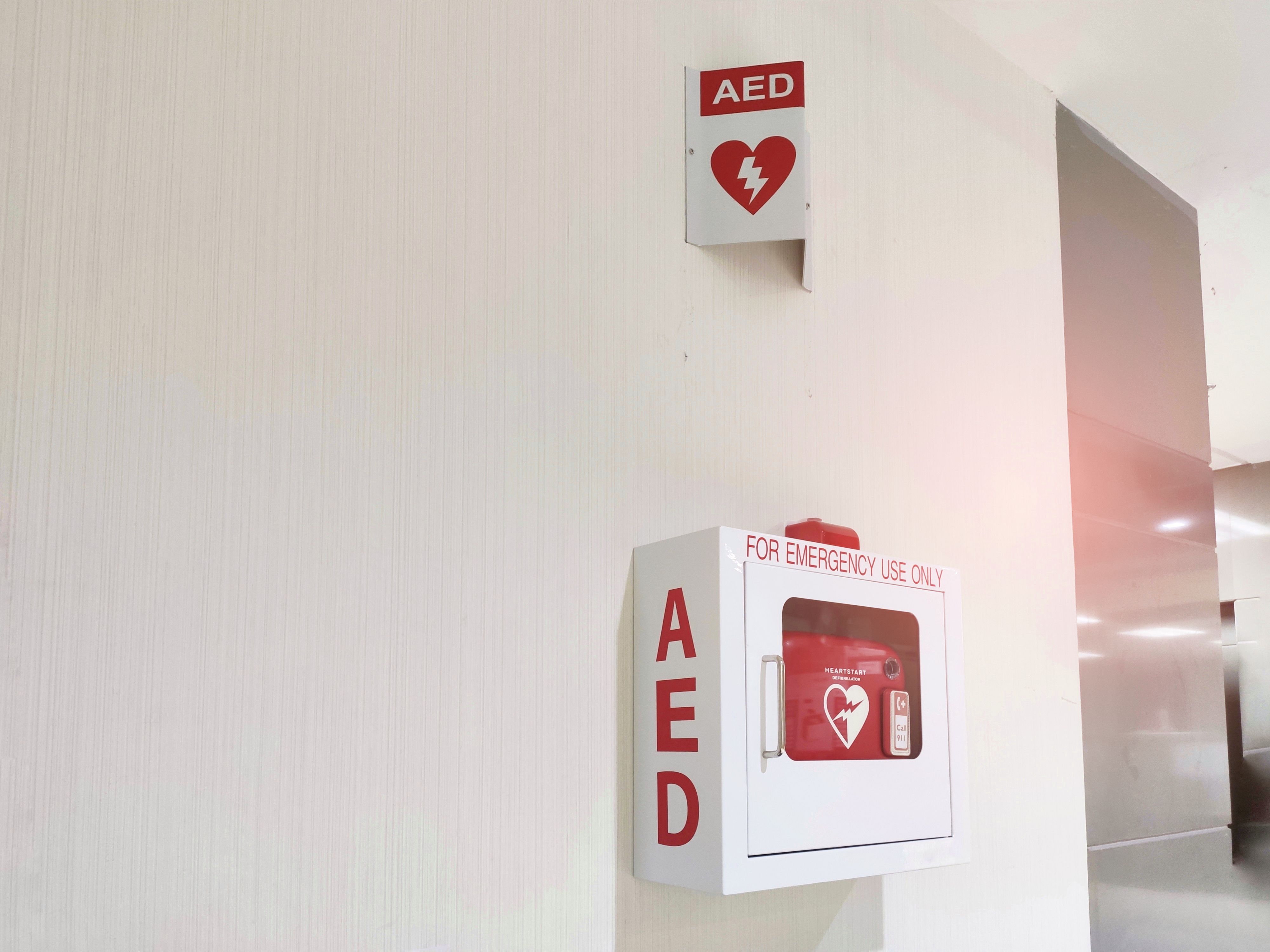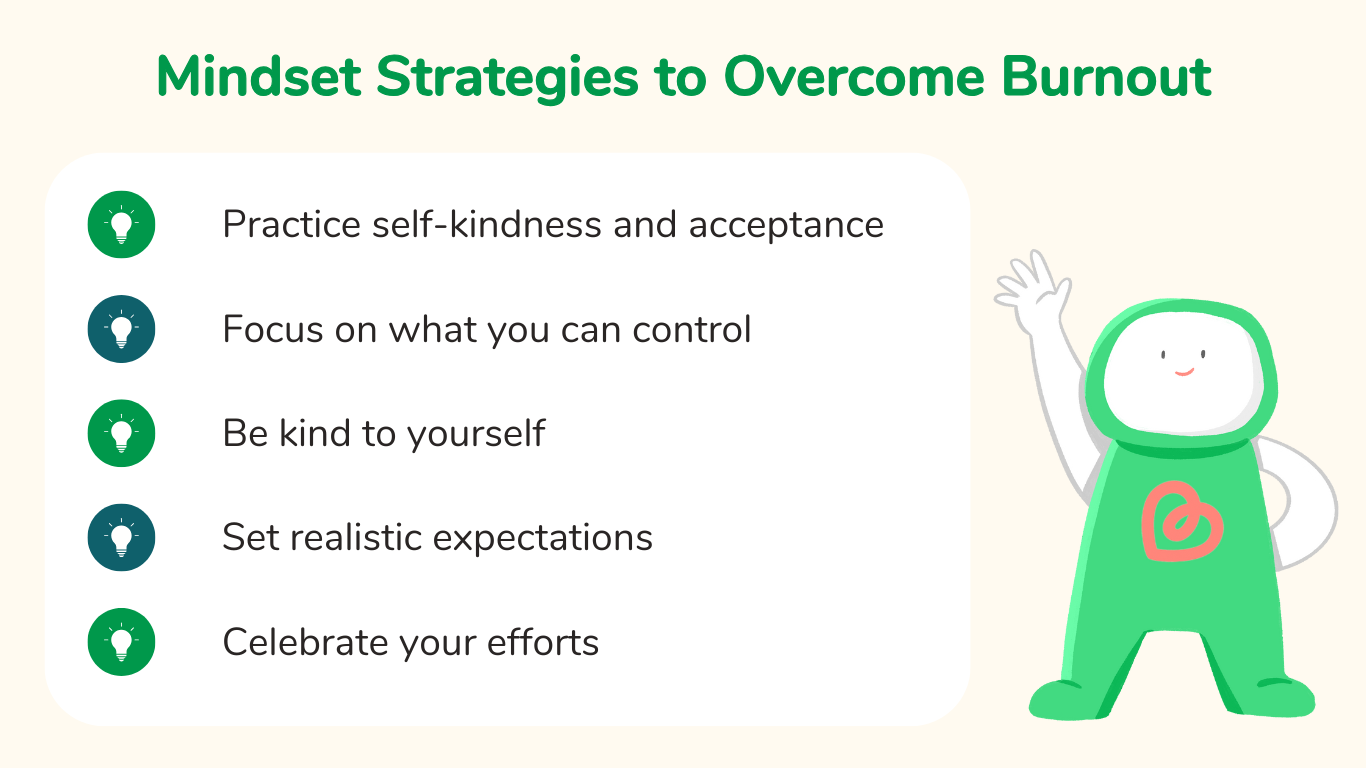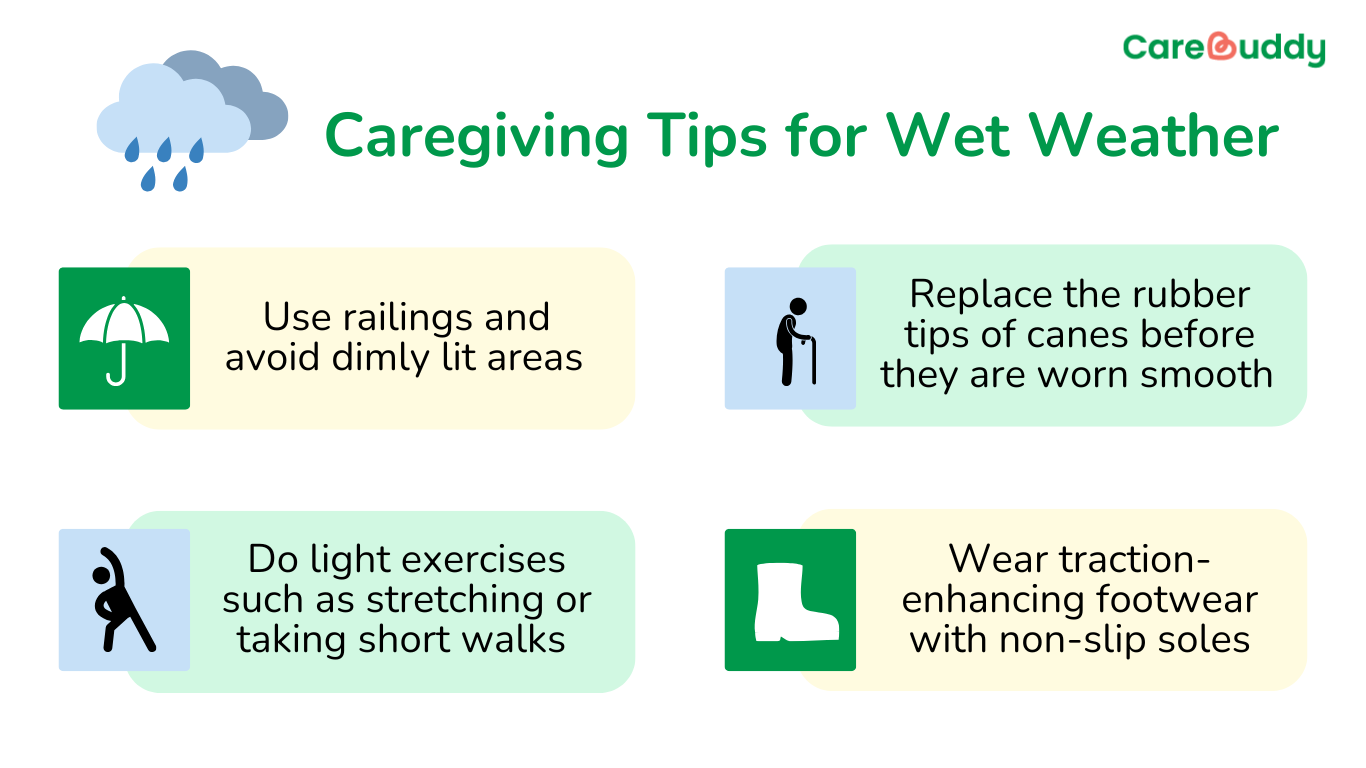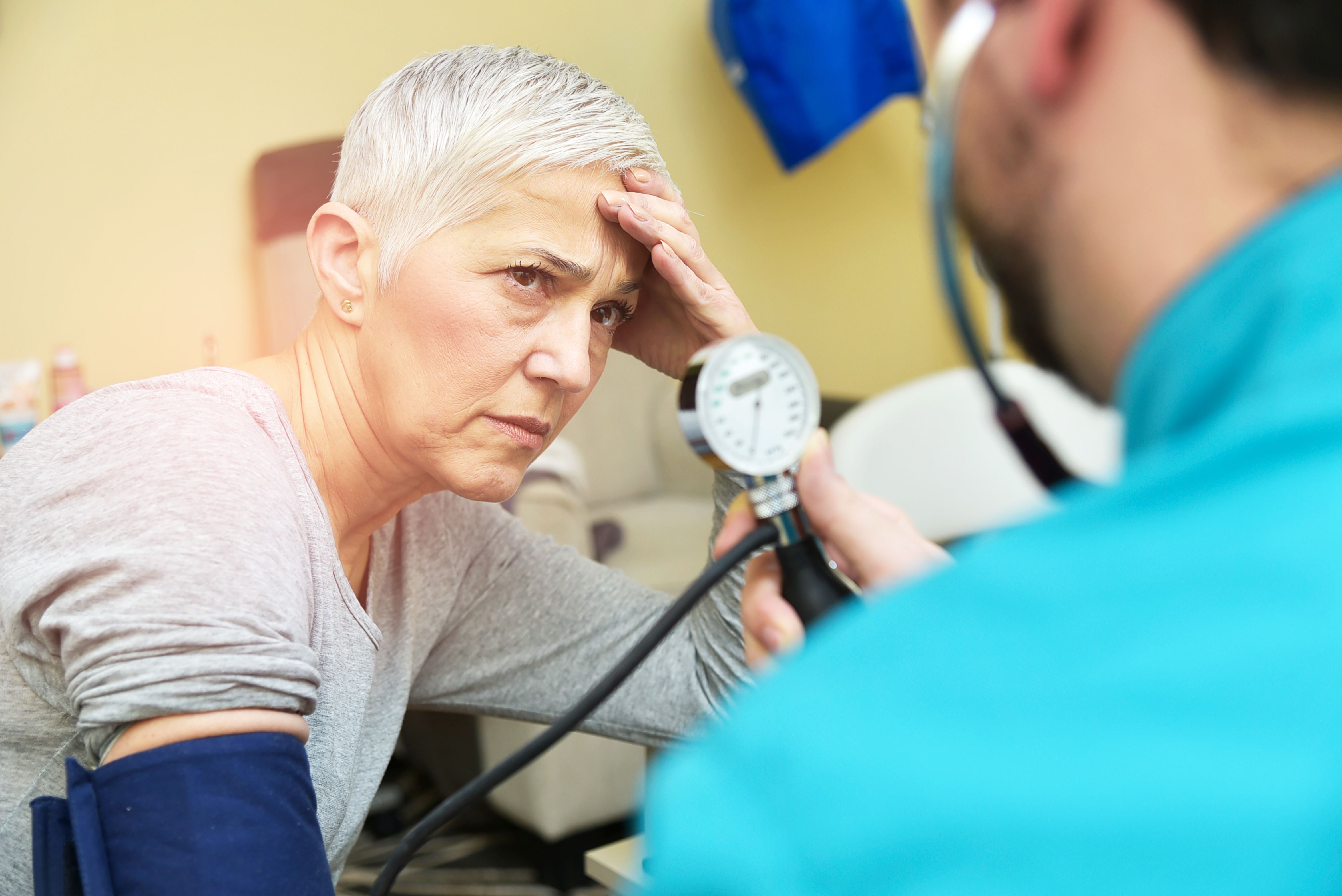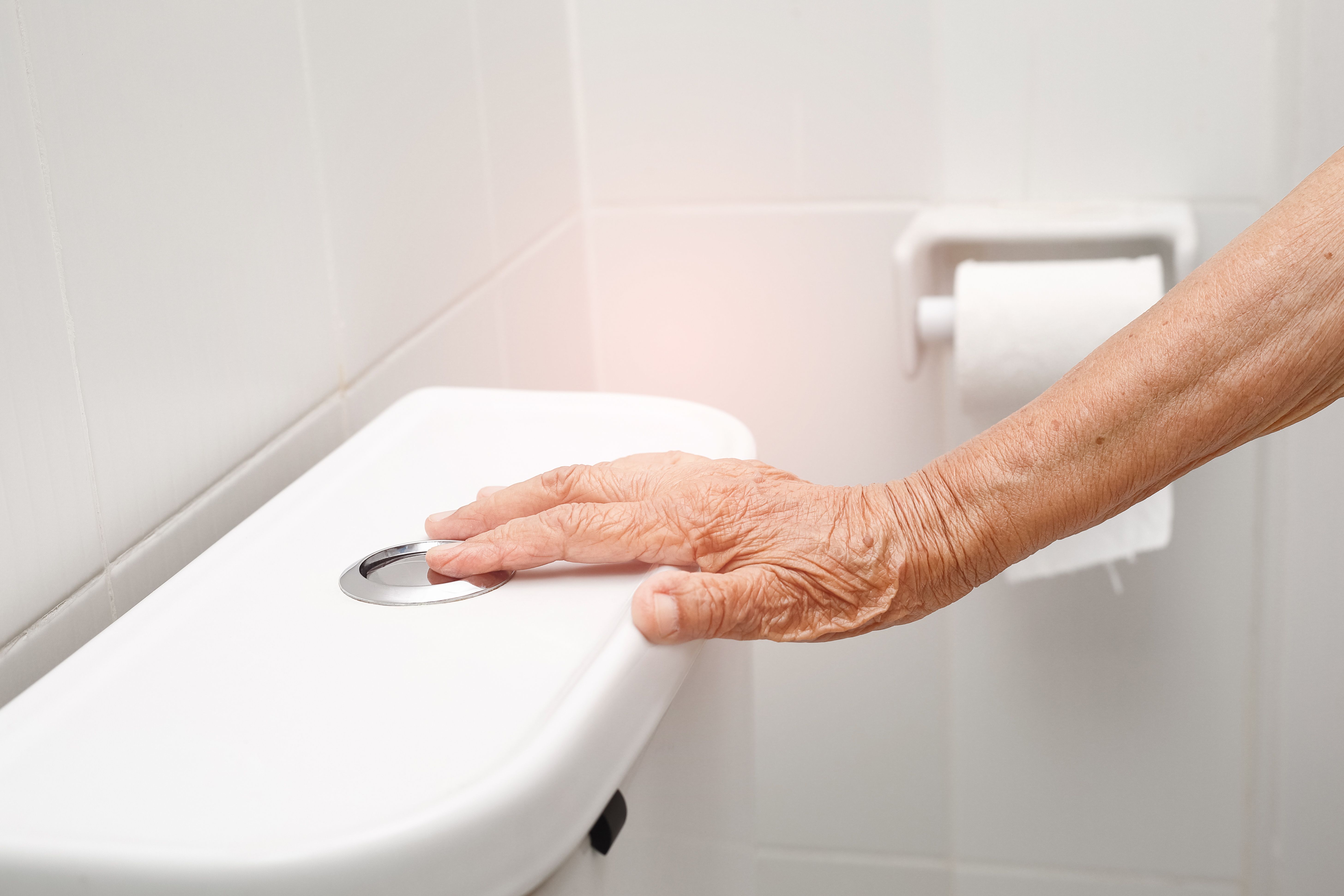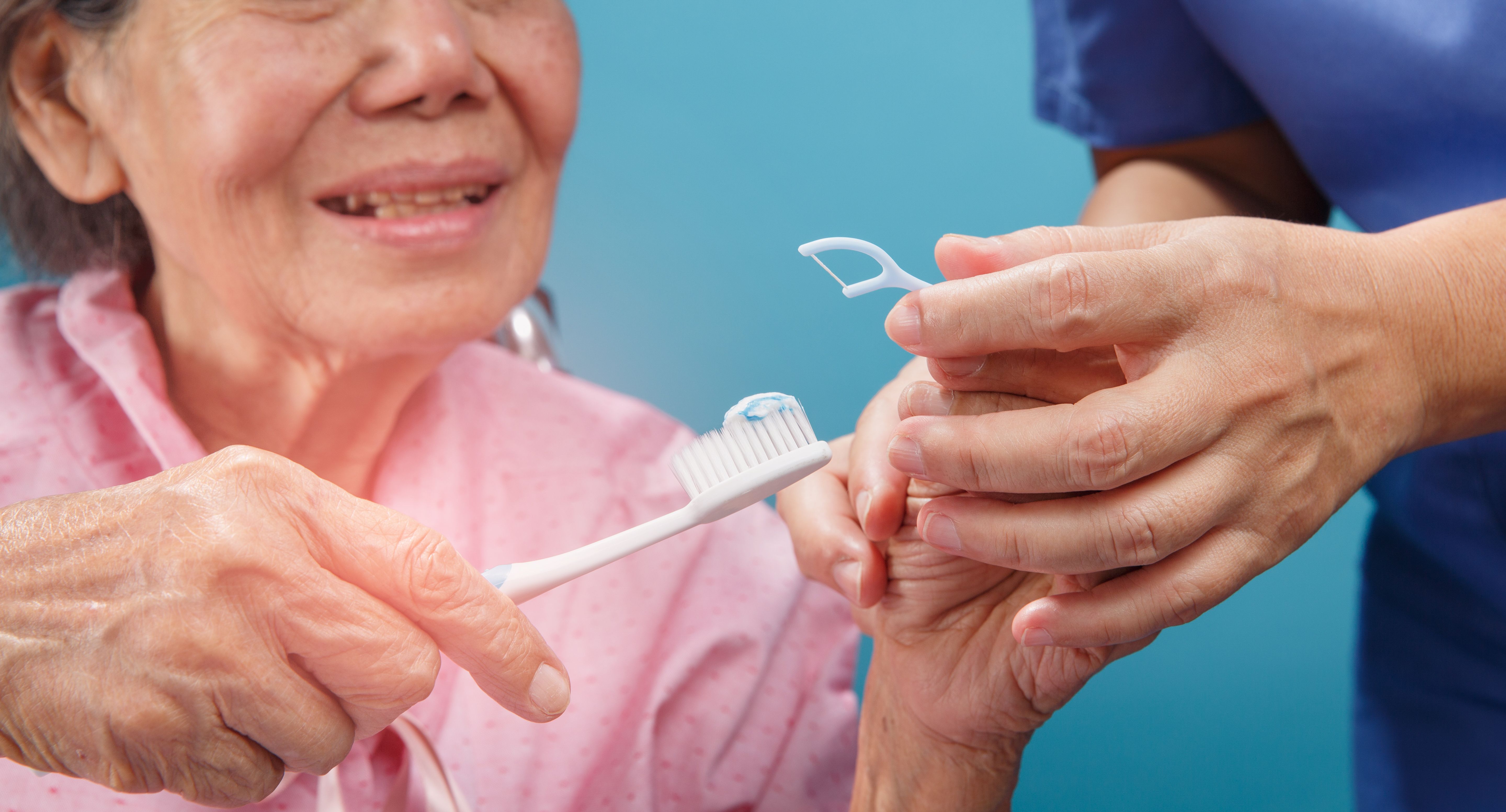High cholesterol: All you need to know
- CareBuddy
- 4 Mins Read
- 28 Jul 2022
- Elderly Care
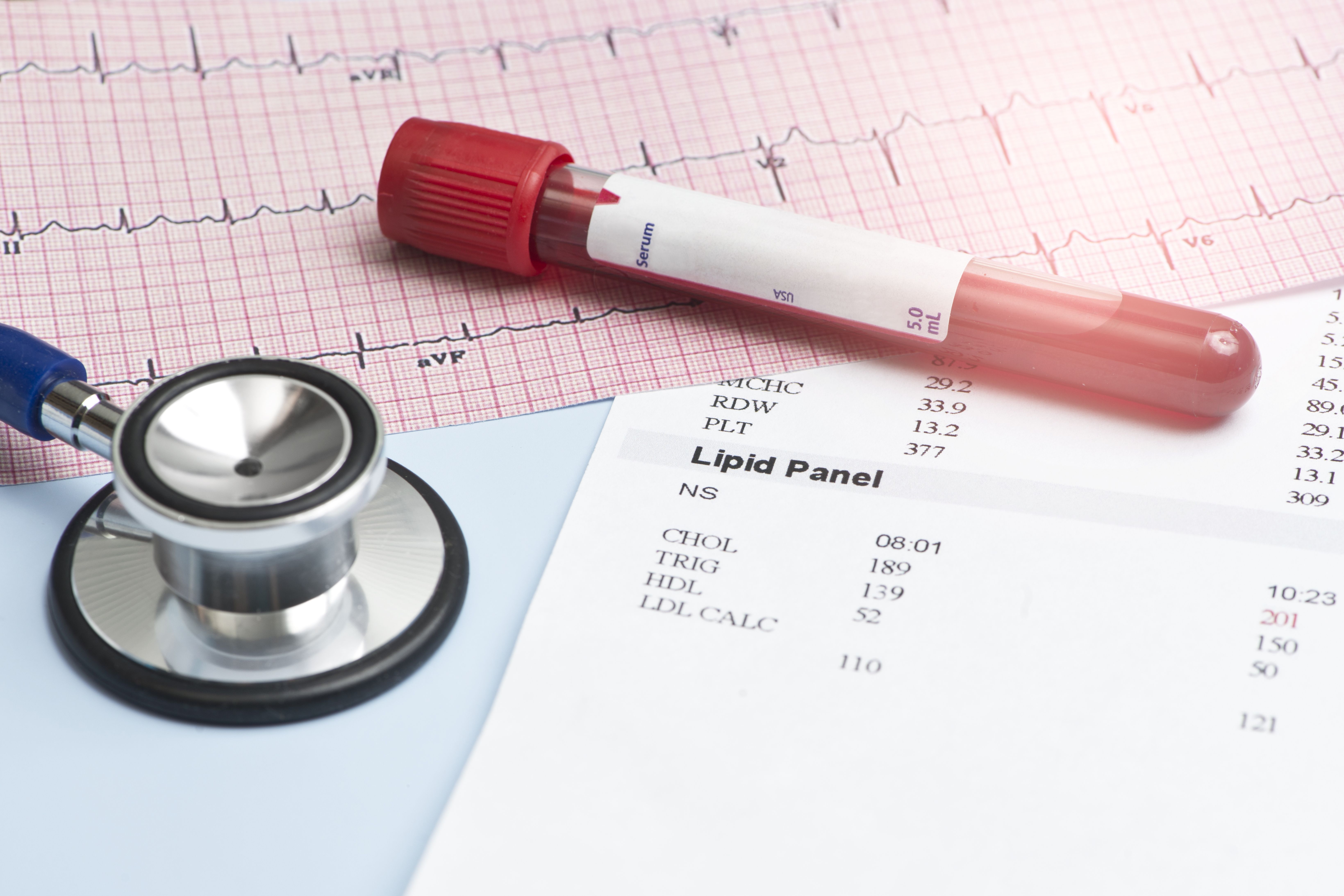
We hear so much about cholesterol, but what exactly is it and how does it affect us? Importantly, what complications can arise due to high cholesterol and how can you help a care receiver reduce their cholesterol level?
What is cholesterol?
Cholesterol is a fatty substance found in the bodies of humans and other animals. We get a lot of it from our diet. Some of it is also produced by our liver.
As fatty substances don’t mix well with blood, cholesterol is transported in the blood by combining it with proteins. Another name for fat is lipid, so when cholesterol (a lipid) combines with proteins, what you get are lipoproteins.
This leads us to the two types of cholesterol: High Density Lipoprotein (HDL) (sometimes known as ‘Good Cholesterol’) and Low Density Lipoprotein (LDL) (Bad Cholesterol). HDL cholesterol retrieves the LDL cholesterol from the blood and returns it to the liver where it’s broken down. Thus, a higher level of HDL (good cholesterol) leads to a lower level of LDL (bad cholesterol).
Naturally, we’d like to increase our good cholesterol and decrease our bad.
Complications arising from high blood cholesterol
The level of LDL (bad cholesterol) in your blood needs to be maintained at an optimum level. Excess LDL levels can lead to
- Buildup of fatty deposits in your arteries, leading to atherosclerosis (thickening or hardening of the arteries) which can damage to the heart muscle leading to heart attacks
- Damage to heart muscles
- Reduced blood flow to the brain, causing a stroke
There are no outward symptoms of high blood cholesterol until it leads to any of the above complications. That’s why it’s important for all of us to check our cholesterol levels every few months with a doctor.
What can cause high cholesterol
- High-Fat Diet: Saturated and trans fats such as full-cream milk, fatty meats, butter, cheese poultry skin, palm oil and coconut oil can increase cholesterol.
- Sedentary Lifestyle: Lack of exercise reduces HDL (good cholesterol) which means there’s less HDL cholesterol to retrieve LDL cholesterol from the blood and return it to the liver, increasing LDL (bad cholesterol) level.
- Being Overweight: Even if you eat healthily and exercise regularly, having a Body Mass Index (BMI) above 30 is a risk factor for high cholesterol.
- Smoking: Cigarette smoke contains acrolein which inhibits HDL’s ability to retrieve LDL from the blood and return it to the liver.
- Age: Those above 40 have a higher risk.
- Gender: Men are more susceptible than women, though the differences reduce after menopause.
- Other Medical Conditions: Type 2 Diabetes, liver disease or kidney disease are risk factors.
- Family History: There’s a genetic component to this, so if someone in your family has high blood cholesterol, medication may be required earlier.
How to reduce high blood cholesterol
- Healthy Eating: Eat foods rich in fibre, heart-healthy oils and unsaturated fats. These include fruits, vegetables, brown rice, wholemeal bread, nuts, seeds, oily fish, green tea, oats and legumes such as beans, soybeans, peas, chickpeas and lentils. Avoid red meat, full-cream milk, palm oil and coconut oil.
- Exercise: Get at least 150 minutes of moderate exercise or 75 minutes of high intensity exercise every week. What is generally considered moderate exercise is when you are able to speak, but not able to sing, whilst exercising.
- Quit Smoking!
- Medication: If one’s high cholesterol cannot be controlled with all of the above, doctors may prescribe medication such as statins, fibrates, niacin and bile acid sequestrants.
Though the lifestyle changes associated with lowering cholesterol can be cumbersome, preventing serious medical conditions such as heart attacks and strokes make it an important and worthwhile goal.
Article reviewed by Dr Kenneth Koh Eu Min, Medical Director and Co-founder, OneCare Medical



